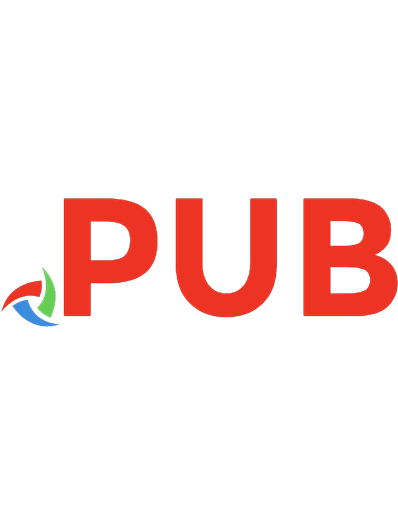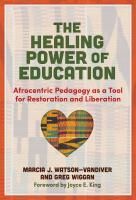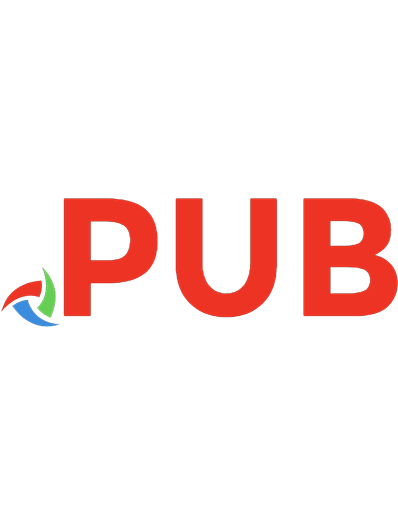Learning to Question: A Pedagogy of Liberation
Discusses the role of education in liberating the oppressed people of the Third World
451 78 665KB
English Pages 142 [2]
Polecaj historie
Citation preview
40 I should like to stress once again the need constantly to stimulate curiosity, the act of asking questions, instead of repressing it. Schools either reject questions or they bureaucratize the act of asking them. It is not simply a matter of introducing a question-and-answer session into the curriculum between nine and ten, for example. That is not what it's about. The issue for us is not the bureaucratized asking of questions, but the acknowledgment of existence itself as an act of questioning. Human existence, because it came into being through asking questions, is at the root of change in the world. There is a radical element to existence, which is the radical act of asking questions. And precisely when someone loses the capacity to be surprised, they sink into bureaucratization. I think it important to note that there is an undeniable relationship between being surprised and asking questions, taking risks and existence. At root human existence involves surprise, questioning and risk. And, because of all this, it involves action and change. Bureaucratization, however, means adaptation with a minimum of risk, with no surprises, without asking questions. And so we have a pedagogy of answers, which is a pedagogy of adaptation, not a pedagogy of creativity. It does not encourage people to take the risk of inventing, or reinventing. For me, to refuse to take risks is the best way there is of denying human existence itself. Antonio: To find an example of this bureaucratized asking of questions we need look no further than the texts to which students are subjected. The questions are questions which already contain their answers. In that way, they are not even questions! They are answers rather than questions. Students have to know beforehand the answers to the questions they will be asked. On the other hand, if we taught them to ask questions, they would have to ask themselves questions, and creatively discover the answers for themselves - in other words, participate themselves in the process of discovery and not simply answer a particular question on the basis of what they have already been told. I would want to stress that education as it is consists generally in finding answers rather than asking questions. An education which consists in asking questions is, however, the only education which is creative and capable of stimulating people's capacity to experience surprise, to respond to their surprise and solve their real fundamental existential problems. It is knowledge itself. The easiest way is precisely the pedagogy of giving answers, but in that way absolutely nothing is put at risk. Intellectuals are almost afraid
41 to take risks, to make mistakes, whereas it is the making of mistakes which enables advances in knowledge to be made. So in this regard the pedagogy of freedom or creativity should be an eminently risky enterprise. People should dare to take risks, should expose themselves to risk, as the one way of advancing in knowledge, of truly learning and teaching. I consider this pedagogy of taking risks very important, and it is related to the pedagogy of making mistakes. If we negate the negation, i.e. the mistake, this new negation will invest the mistake with positive quality: this transition from error to non-error is knowledge. A fresh mistake will never be a completely fresh mistake: it will be a fresh mistake in that the variable elements in it make it a fresh mistake, and this chain extends to infinity. If that were not the case, we would attain absolute knowledge, and there is no such thing as absolute knowledge. As Hegel said, the force of the negative is essential. The force of the negative in knowledge is an essential part of knowledge, and we call it: making mistakes, taking risks, being curious, asking questions, and so on. Paulo: If you do not engage in that adventure, it is impossible to be
creative. Any educational practice based on standardization, on what is laid down in advance, on routine in which everything is predetermined, is bureaucratizing and thus anti-democratic. Antonio: An example of this is the way workers in factories lose· their
creativity. Work is a creative process but, since the rationality of work is predetermined and with it the steps to be taken, workers are caught up in a process which is not educative and denies them any possibility of being creative. Think of the immense gain to human knowledge, the human sciences and society itself, if workers' creativity were given room to manifest itself. Even as it is, it does manifest itself, because workers sometimes solve problems· not foreseen in the way work is planned. But the rationality of work requires workers not to be creative. However, if it did allow workers to be so, it would be much more enriched through this capacity which workers have to be creative, particularly in the practical application of thought to actual situations. The whole rationality of work as propounded is in fact a rationality based on models. The great problem is the practical application of thought to actual situations. And in this regard the rationality of work requires workers not to respond creatively to the problems with which concrete reality confronts this abstract rationality.








![Listening for Learning: Performing a Pedagogy of Sound and Listening [1 ed.]](https://dokumen.pub/img/200x200/listening-for-learning-performing-a-pedagogy-of-sound-and-listening-1nbsped.jpg)

